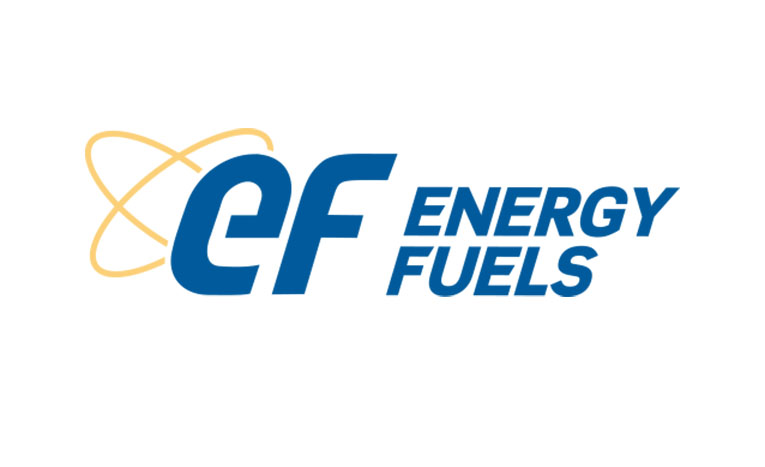Energy Fuels Inc, the American leader in uranium mining, announced this Wednesday it has agreed with Nanoscale Powders to develop new technology for the production of rare earth element metals.
Firstly, the companies signed a Memorandum of Understanding; under which they will jointly develop new technology for the rear earth element (REE) supply chain. The new technology can revolutionize the industry by reducing costs of production, reducing energy consumption, and significantly reducing greenhouse gas emissions.
Moreover, according to the statement, Nanoscale Powders initially developed the technology. However, after the agreement with Energy Fuels, its development will be accelerated. This new technology will involve feeding anhydrous REE chloride materials, which are free of water, into a molten sodium bath.
After that, a rapid reaction occurs between the molten sodium and the REE chlorides. The process is highly exothermic, releasing energy, so the molten sodium acts to control the reaction rate. The reaction products are REE Metal and sodium chloride, commonly known as salt.
In addition, this sodium rection has several advantages over the industry-standard REE metal-making method, which utilizes electrolytic reduction of REE oxides in molten lithium fluoride/REE fluoride baths.
Also recommended for you: Shell acquires Savion to expand its solar energy footprint. Click here to read.
Energy Fuels and Nanoscale Powders to revolutionize the REE supply chain
Firstly, the new process will not have any associated air emissions and therefore presents a significant improvement over the current technology, which emits carbofluoromethane (CF4) gas, a powerful GHG. Secondly, the new technology will be significantly cheaper to operate than the conventional electrolytic methods.
On the other hand, Energy Fuels will deploy this technology at its White Mesa Mill in Utah. There, it currently produces mixed REE carbonate while recovering uranium from natural monazite sands. This carbonate is the most advanced REE product in the US today.
Consequently, by deploying this new technology, the companies will achieve operating cost savings that will also reduce the time for REE production, boosting efficiency.
Finally, under the MoU, the companies will create a new entity with an exclusive technology license. The parties aim to produce 1,000 metric tons of one or more REE Metals per year. The project will require a $10 million investment.


